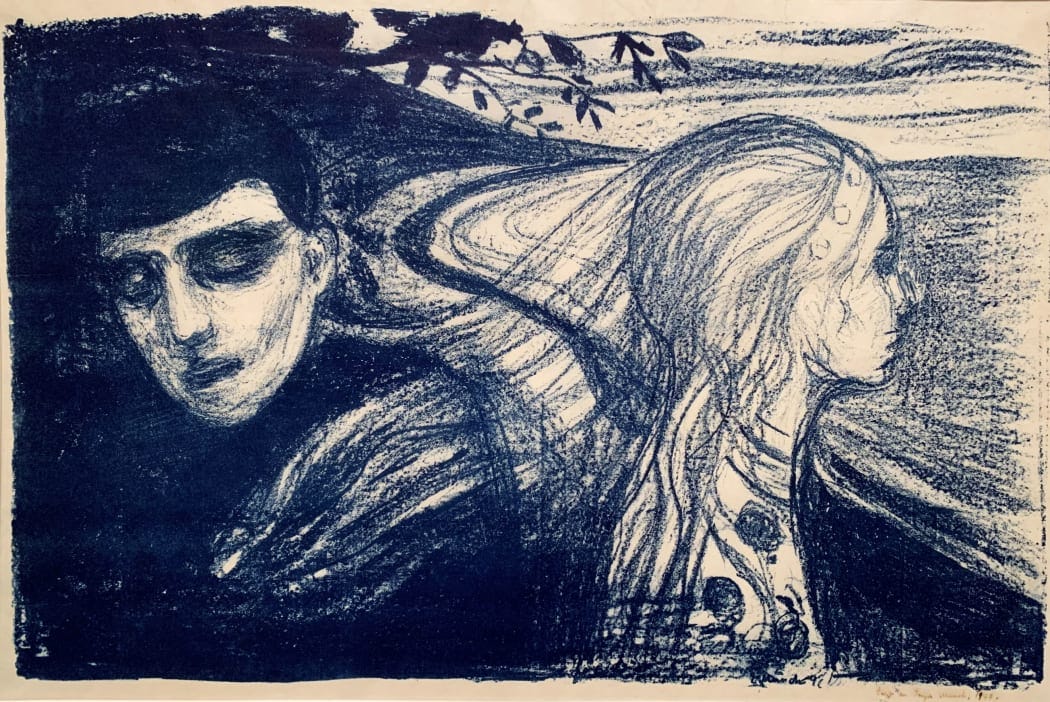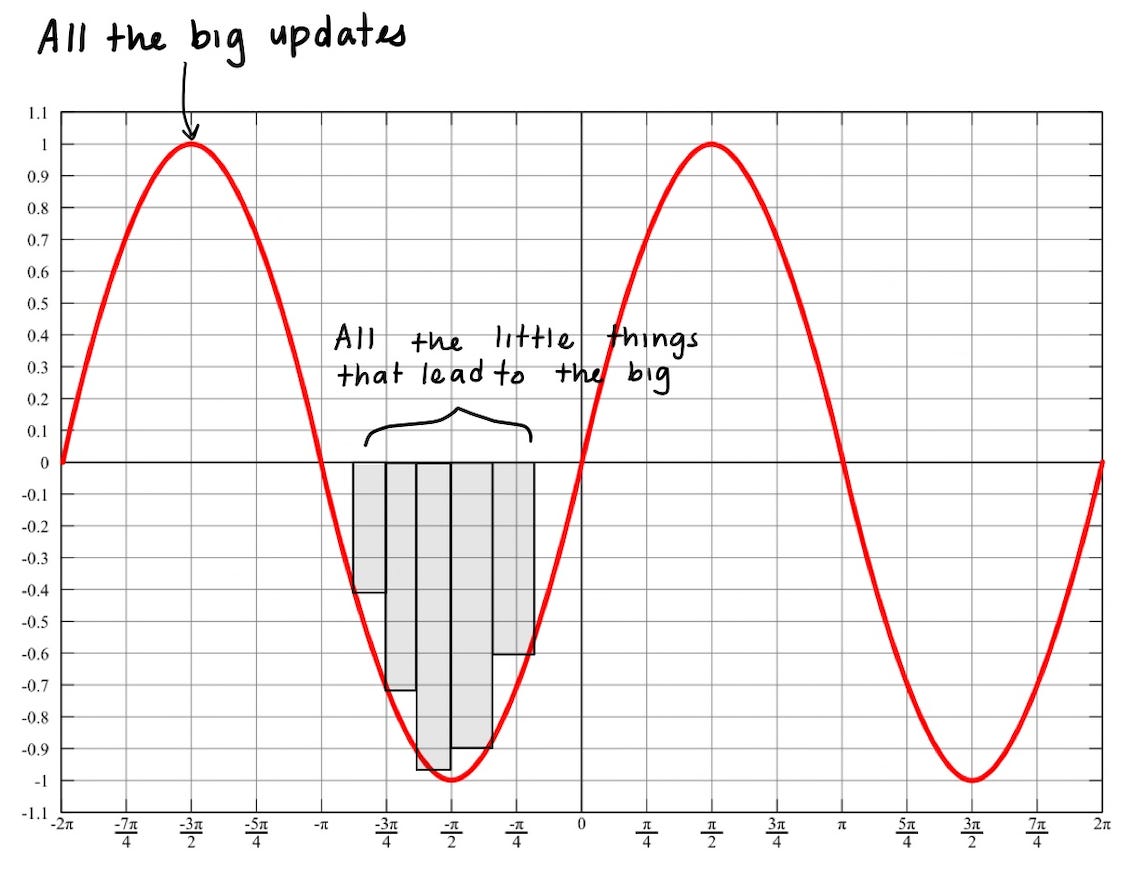Can you fill space?
An attempt to understand and accept the transient nature of relationships
I sent a text recently … it was something along the lines of: “Hey, I‘m sorry I haven’t texted you in a bit. If you’d like to catch up, I’m just a phone call away!”
The nature of my schooling system is that relationships can often be quite transient (platonic and romantic alike). Every few months, we are thrown into a new job, a new city, and new people, and this cycle is repeated through our late teens to early 20s flipping between school semesters and internship semesters. It’s not exactly an environment conducive to building lasting relationships.
Some recent learnings:
Maintaining individual friendships requires conscious effort and time invested - it requires consistency from both parties.
Talking to someone each day results in a far different relationship than catching up once every few weeks (or beyond).
There’s a Jenny Han quote that I read in “To All the Boys I’ve Loved Before,” that is as follows:
“When someone's been gone a long time, at first you save up all the things you want to tell them. You try to keep track of everything in your head. ….
Because by the time you finally see each other, you're catching up only on the big things, because it's too much bother to tell about the little things. But the little things are what make up life.”
For the friends I interact with every day, the updates would often be about the mundane. We’d chat about what we’d read that day, what they were cooking for dinner, or which pants go with which top. I tell them all “about the little things” that happen in my life - all the things that make me, me.
For the friends I catch up with every few weeks - months, substantial life updates are shared. So and so broke up with this person, they signed this job offer, and all you’d hear about work or their new apartment is that it was good. We live our separate lives and tell each other about these changes as opposed to living a life together.
Not to say that it is much better to speak each day, and the value of your relationship with someone depends on far more than time and is deeply personal! This essay is merely a generalization and anecdotal.
The way I look at it is:
The peaks (high) and troughs (low) on the curve are the substantial updates you find in the friendships with space. The ones where you have the privilege of catching up every few weeks or the months you’re back in the same place.
In calculus terms: You have only that point in space, a single XY coordinate of information.
Every other piece on the x-axis includes the changes leading up to the peak or trough. With the friends I interact with every day, I understand all the intermediary pieces that lead to this life update.
In calculus terms: Each of those rectangles can be summed to give you the entire area below the x-axis and above the trough, you have a set of points that all relate to each other. We can use this information to establish an equation for our curve.
Deriving this equation will help us identify the points of our peaks/troughs, the period (the pace at which these updates happen), the amplitude (the impact of these peaks/troughs relative to all other points), etc. - we understand the situation in far more clarity.
Let’s come back to the original question of the article … can you fill up space?
If enough time passes, can you go back to what once existed?
Yes and no.
Yes, you can know someone again. With enough time and energy invested, you can understand the person that they are today. But no, you can never know the version of them that existed during the period in which you had this space.
You can try to fill back the space, yet each time there’s a joke you don’t quite understand or mentions of a name you’ve never heard before, you will be reminded of this time apart.
I hear people say quite often when reunited with old friends: It feels like no time has passed. I think this can be true if you seek out significant updates. If understanding the journey to these updates doesn’t matter anymore, then yes, it will feel like no time has passed.
When you try again to understand all the little things in someone’s life, it may feel as if you are a set of people who have diverged so far that everything feels slightly disjointed. The interests that once tied you together may not exist anymore or the flow of conversation and inside jokes cease to exist beyond memories. The only thing that can keep this friendship afloat is a desire to keep it afloat, yet desire without mutual action often leads to nothing. With so much time in between interactions, that desire often slowly yet surely disintegrates.
During the pandemic, it felt as if time froze. We stayed in our hometowns, stayed in previous relationships, and stayed still. As the world slowly opens up again, we are constantly meeting new people, exploring new cities, and finally experiencing life in our 20s. I imagine this is why so many relationships outlasted the pandemic because our lives were changing in much smaller ways without the introduction of physical interactions. But now, everything around us (and everyone) is constantly changing. Attempting to fill this space is especially nerve-wracking because you must open yourself up to the possibility of rejection and confirmation that things have changed.
But - hear me out: change is important. This push and pull between two people are merely part of the human experience, and this space often makes space for another set(s).


